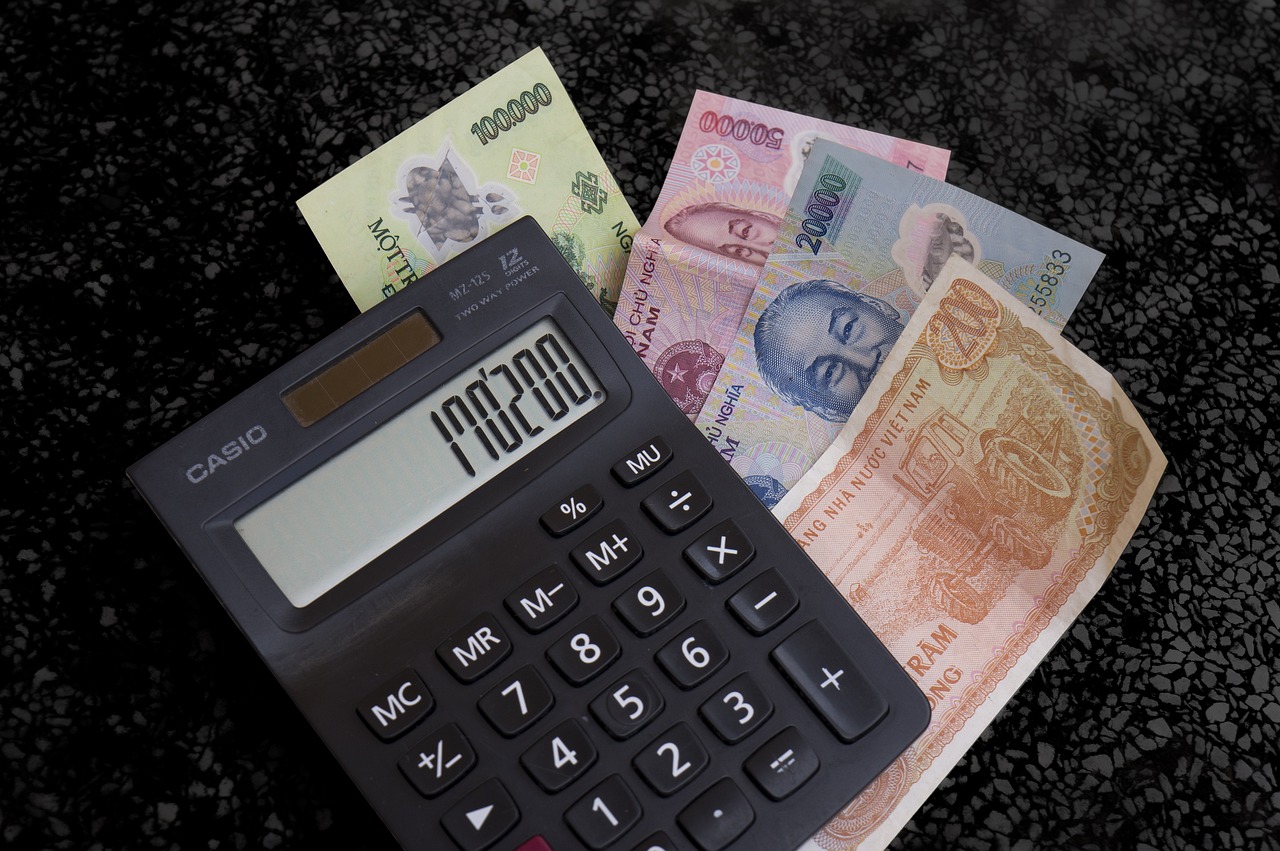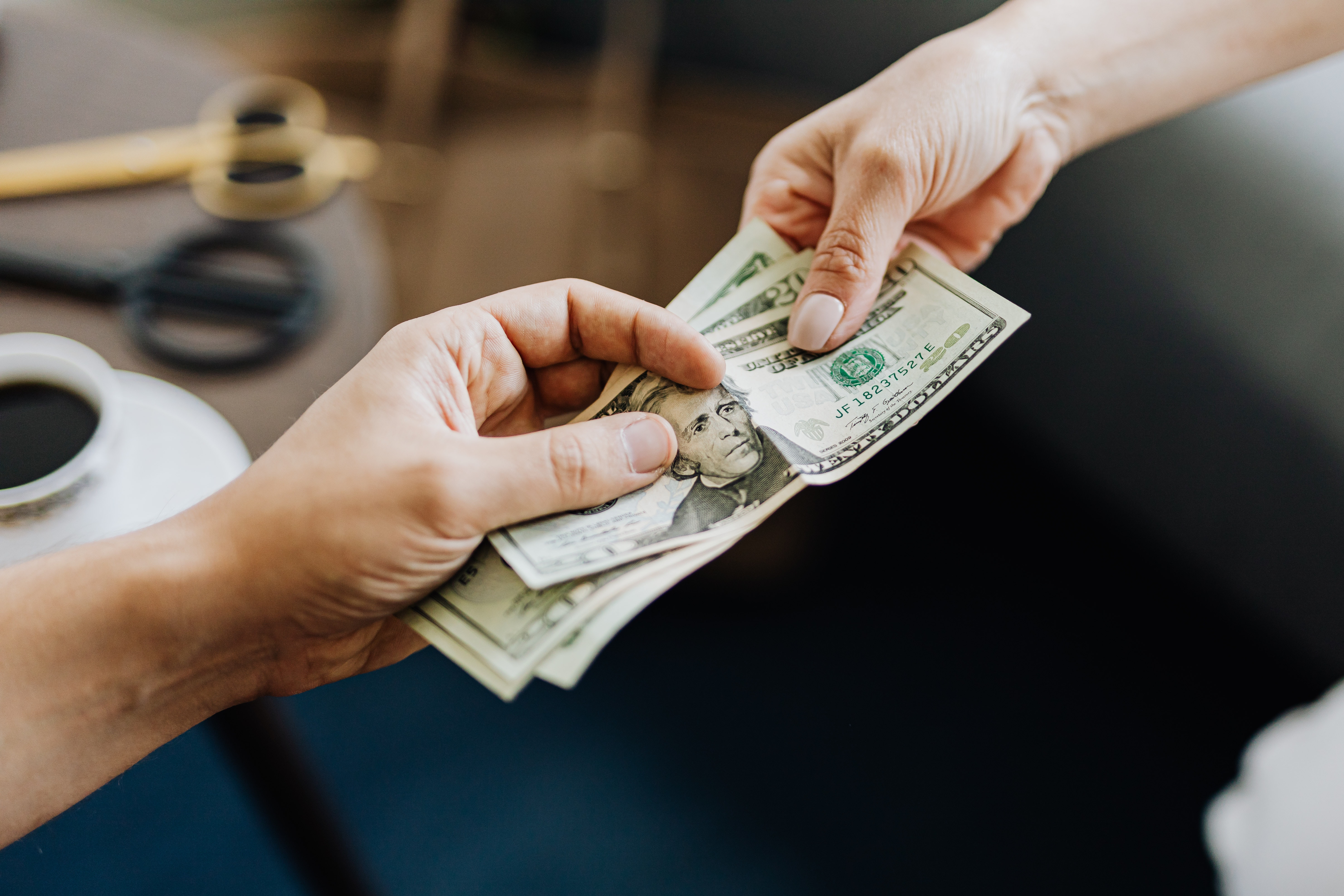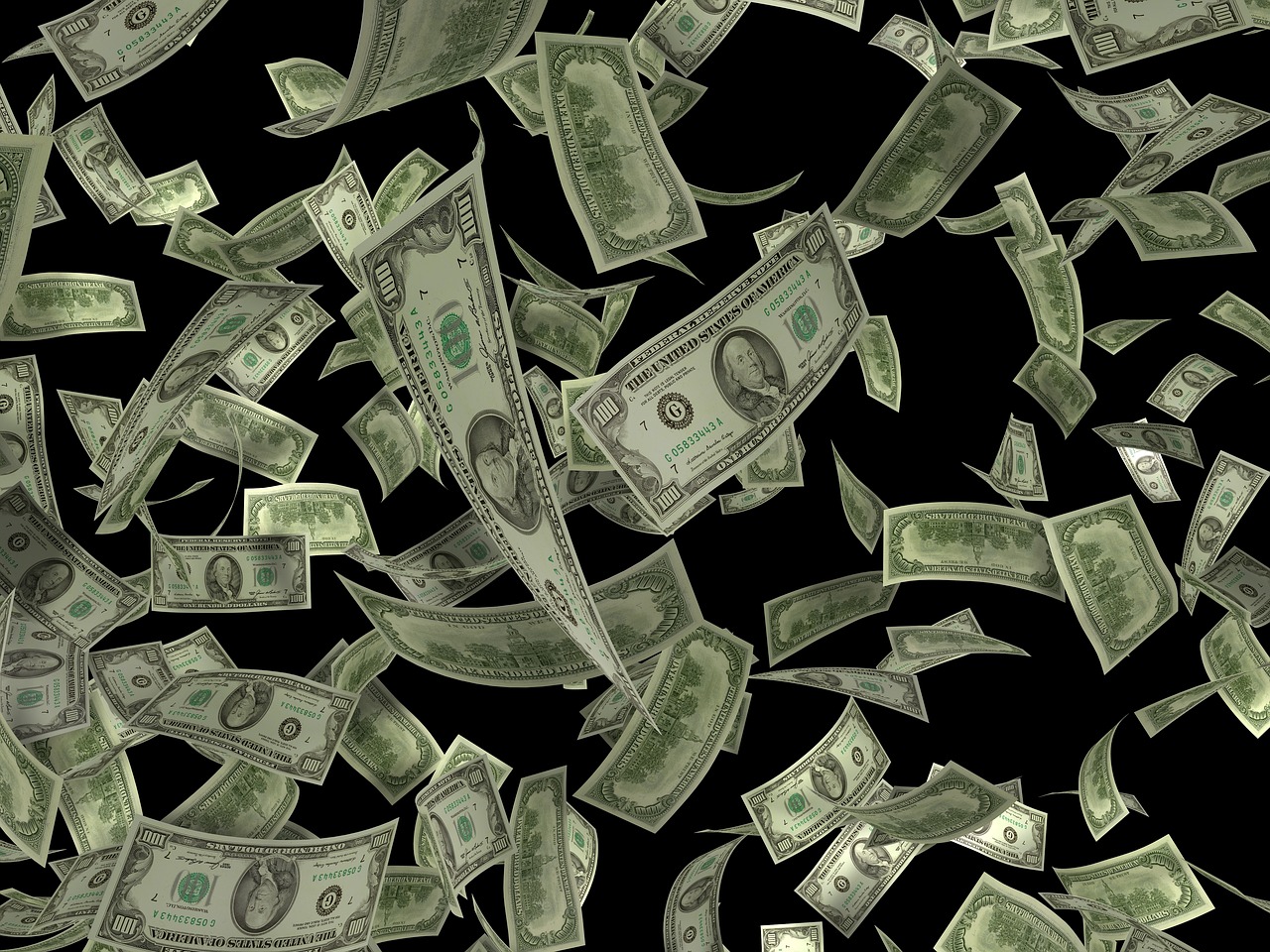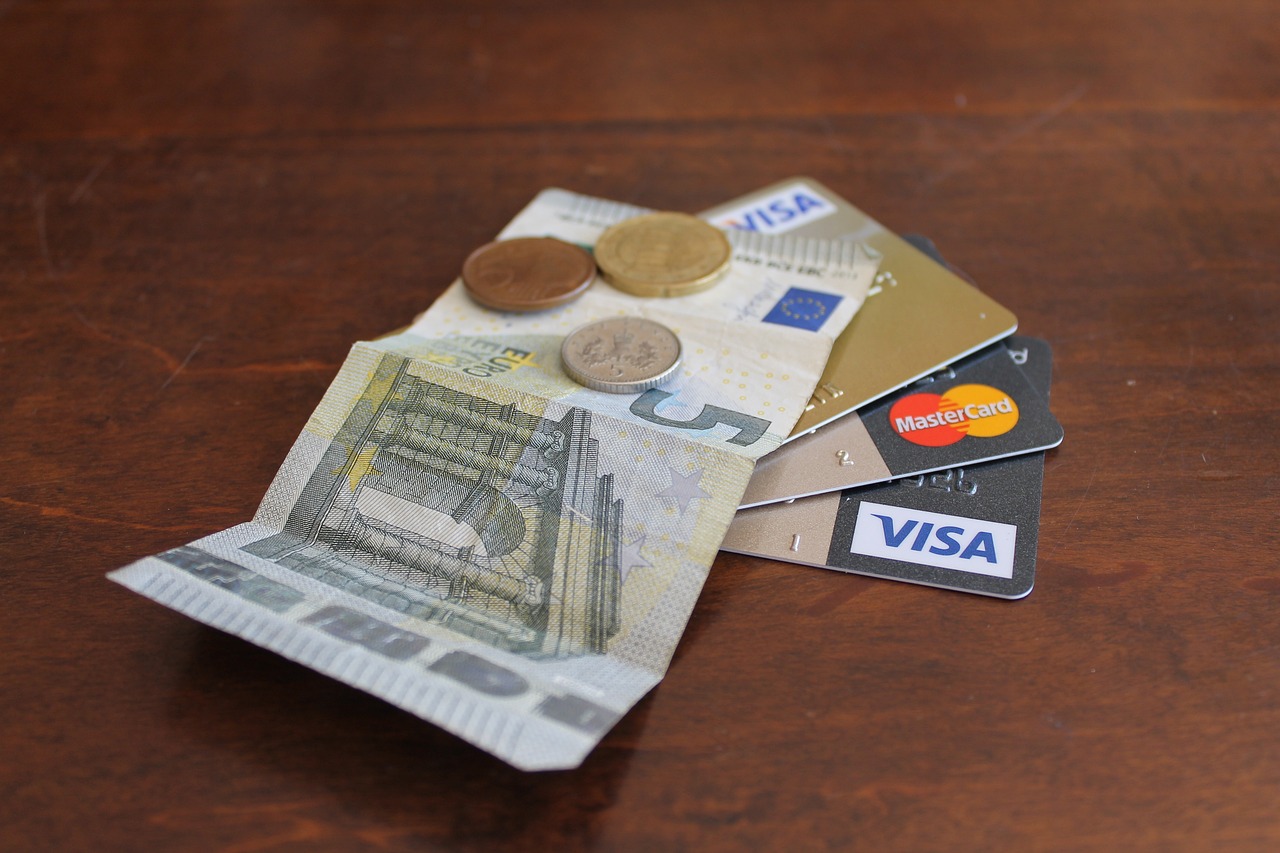Impact of Central Banks, Airports, and Market Forces on Thai Baht and US Dollar Exchange Rate
GPT_Global - 2025-10-18 04:00:15.0 105
Why do exchange rates between baht and US dollars vary from day to day?
Exchange rates between the Thai baht and the US dollar fluctuate daily due to various economic factors. The value of the baht in relation to the US dollar is influenced by supply and demand dynamics in the foreign exchange market. These shifts are caused by changes in interest rates, inflation, and the overall health of both the Thai and global economies.
For remittance businesses, this fluctuation directly impacts the amount recipients receive in their local currency. A stronger baht means that a sender in the US may get fewer baht for the same amount of US dollars, whereas a weaker baht offers a better deal for those sending money to Thailand. This variation is critical for remittance services to monitor, as it helps them optimize their services for customers looking to send money abroad.
Moreover, geopolitical events, trade policies, and even natural disasters can all contribute to sudden changes in exchange rates. Remittance businesses need to stay updated on these factors to provide accurate, competitive exchange rates to their customers, ensuring the best possible value for their transactions.
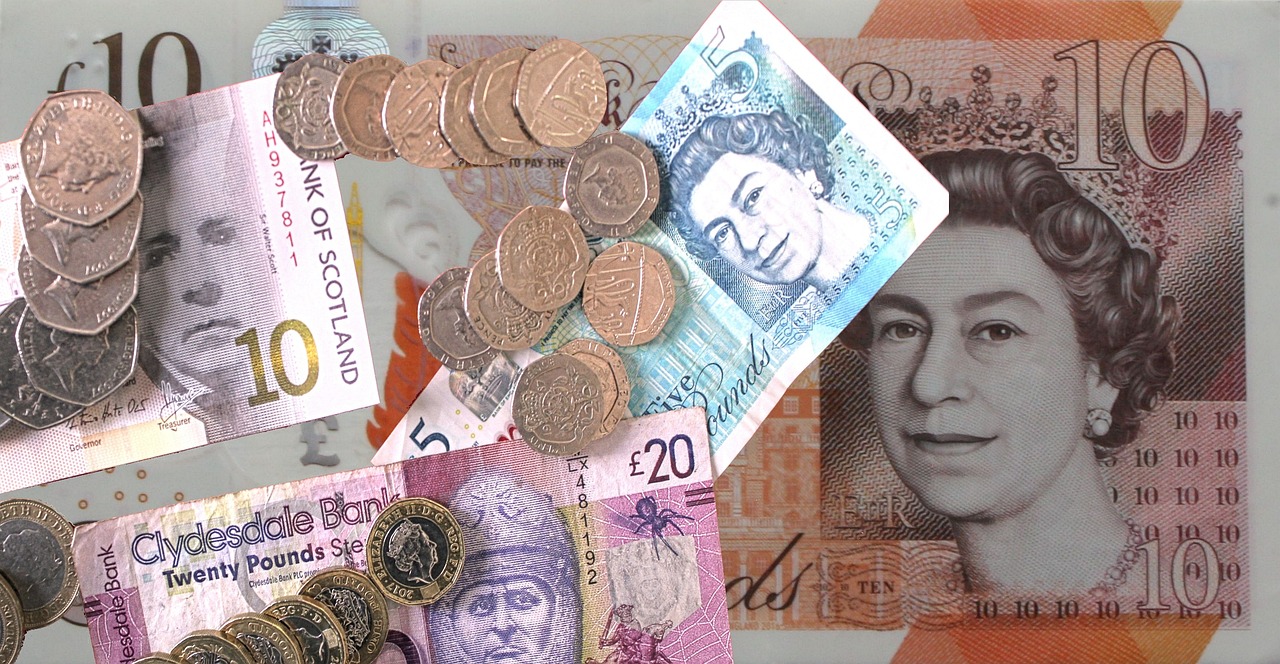
How can someone get the best exchange rate for 1 baht to US dollars?
When sending money internationally, one of the most important factors to consider is getting the best exchange rate. For those looking to exchange 1 baht to US dollars, understanding how to secure the best rates can make a significant difference in the amount received by the recipient.
First, it’s important to compare exchange rates from multiple sources. Banks, online remittance platforms, and local money changers offer different rates. Often, remittance services such as Wise, Remitly, or PayPal provide competitive rates compared to traditional banks.
Another tip is to monitor the market trends for the Thai baht (THB) to USD conversion. Exchange rates fluctuate due to various economic factors, so timing can be crucial. Setting up alerts on financial websites or using apps that track exchange rates can help you find the optimal time to make the transaction.
Lastly, be aware of fees. Even if the exchange rate looks favorable, hidden fees or high transfer charges can reduce the overall value. Always read the terms and conditions to ensure the total cost of the transfer is clear.
By carefully comparing rates, timing the exchange, and considering fees, you can secure the best possible exchange rate for sending 1 baht to US dollars, maximizing the value of your transfer.
How do central banks influence the value of the Thai baht against the US dollar?
Central banks play a vital role in influencing the value of currencies, including the Thai baht (THB) against the US dollar (USD). The Bank of Thailand (BOT), the country's central bank, actively manages its monetary policy to maintain economic stability. One of the main tools used is adjusting interest rates, which impacts investor confidence and capital flow between countries.
When the Bank of Thailand raises interest rates, it often leads to a stronger Thai baht. This is because higher interest rates attract foreign investors looking for better returns. Conversely, lower interest rates can weaken the baht, as it may result in capital flight or reduced foreign investment. These fluctuations in the baht's value affect remittance transactions, as senders and receivers need to account for exchange rate differences.
Additionally, central bank interventions in the foreign exchange market can help stabilize the baht's value against the USD. By buying or selling foreign currencies, the Bank of Thailand can either strengthen or weaken the baht. Understanding these influences is essential for businesses in the remittance industry, as exchange rate fluctuations can directly impact the amount received by individuals sending money across borders.
What does it mean when 1 baht is stronger than the US dollar?
When 1 Baht is stronger than the US Dollar, it signifies a favorable shift in the exchange rates, where the Thai currency is valued higher than the US Dollar. This can have significant implications for the remittance business, especially for those sending money to Thailand.
For people working abroad and sending funds back to their families in Thailand, this stronger Baht means they’ll get more value for their money. A higher Baht value translates into better purchasing power for recipients, which is a positive outcome for both senders and recipients.
On the other hand, for businesses involved in international money transfers, this situation requires careful monitoring of exchange rates to optimize remittance processes. Companies need to offer competitive rates and fast service to cater to customers who want to capitalize on favorable currency exchange.
Understanding these exchange rate fluctuations is essential for both businesses and customers in the remittance market. By keeping an eye on the Thai Baht’s strength, remittance services can make informed decisions, offering the best value for their clients’ hard-earned money.
How can 1 baht be exchanged for US dollars at Thai airports?
When traveling to Thailand, many visitors may wonder how to exchange their currency, such as 1 Baht, for US dollars at Thai airports. Thailand’s international airports are equipped with multiple exchange services, making it easy for tourists to convert their Baht into other currencies, including US dollars.
At major airports like Suvarnabhumi (BKK) and Don Mueang (DMK), there are both currency exchange counters and ATMs available. Currency exchange counters are operated by banks and authorized money changers. These counters allow you to convert Thai Baht to US dollars with ease. However, the exchange rates at the airport may be less favorable than those found at local banks or exchange services in the city.
If you want to get the best exchange rate, it’s a good idea to research exchange rates before arriving at the airport or use ATMs to withdraw US dollars. Keep in mind that ATM withdrawals may involve additional fees from both your bank and the Thai ATM provider.
Overall, while exchanging 1 Baht for US dollars is simple at Thai airports, it's always advisable to plan ahead to minimize transaction costs.
About Panda Remit
Panda Remit is committed to providing global users with more convenient, safe, reliable, and affordable online cross-border remittance services。
International remittance services from more than 30 countries/regions around the world are now available: including Japan, Hong Kong, Europe, the United States, Australia, and other markets, and are recognized and trusted by millions of users around the world.
Visit Panda Remit Official Website or Download PandaRemit App, to learn more about remittance info.
